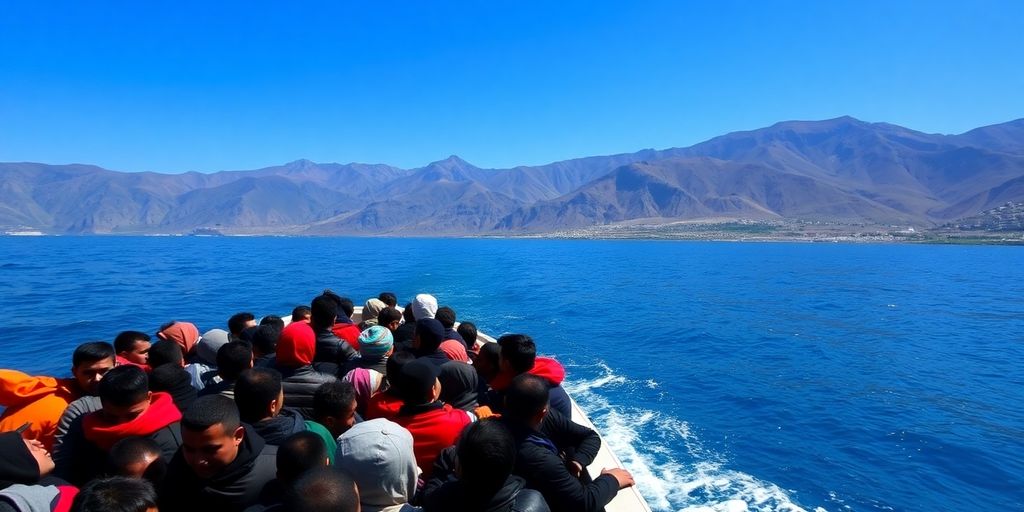The Rome Court of Appeals has once again intervened in the controversial migrant deal between Italy and Albania, ruling that all migrants transferred to camps in Albania must return to Italy. This marks the third time the court has blocked the agreement, raising questions about the future of Italy’s immigration policies and its relationship with Albania.
Key Takeaways
- The Rome Court of Appeals has blocked the Italy-Albania migrant deal for the third time.
- All migrants transferred to Albanian camps must return to Italy.
- The ruling highlights ongoing legal challenges to Italy’s immigration policies.
Background of the Deal
The Italy-Albania migrant deal was initially established to manage the influx of migrants arriving in Italy, particularly from North Africa. The agreement aimed to transfer migrants to Albania, where they would be housed in camps while their asylum claims were processed. However, the deal has faced significant legal challenges since its inception.
Court’s Rationale
The Rome Court of Appeals has consistently ruled against the deal, citing concerns over the treatment of migrants in Albania. The court emphasized that the conditions in the camps do not meet international standards for the humane treatment of asylum seekers. This latest ruling reinforces the court’s stance that Italy cannot offload its responsibilities to another country.
Implications for Italy’s Immigration Policy
This ruling has significant implications for Italy’s immigration policy, which has been under scrutiny in recent years. The Italian government, led by Prime Minister Giorgia Meloni, has been attempting to implement stricter immigration controls. However, the repeated legal setbacks highlight the challenges the government faces in executing its policies.
- Increased Pressure on Italian Authorities: With the court’s ruling, Italian authorities must find alternative solutions to manage the growing number of migrants arriving in the country.
- Potential Diplomatic Strain with Albania: The ongoing legal issues may strain Italy’s diplomatic relations with Albania, as the latter may feel burdened by the agreement’s failure.
- Public Opinion and Political Ramifications: The situation may influence public opinion on immigration in Italy, potentially affecting future elections and government policies.
Future of the Deal
As the legal battles continue, the future of the Italy-Albania migrant deal remains uncertain. The Italian government may need to reconsider its approach to immigration and explore new agreements or reforms to address the ongoing migrant crisis.
Conclusion
The Rome Court of Appeals’ decision to block the Italy-Albania migrant deal for the third time underscores the complexities of managing migration in Europe. As Italy grapples with its immigration policies, the ruling serves as a reminder of the legal and humanitarian challenges that lie ahead. The situation will require careful navigation to balance national interests with international obligations to protect vulnerable populations.






